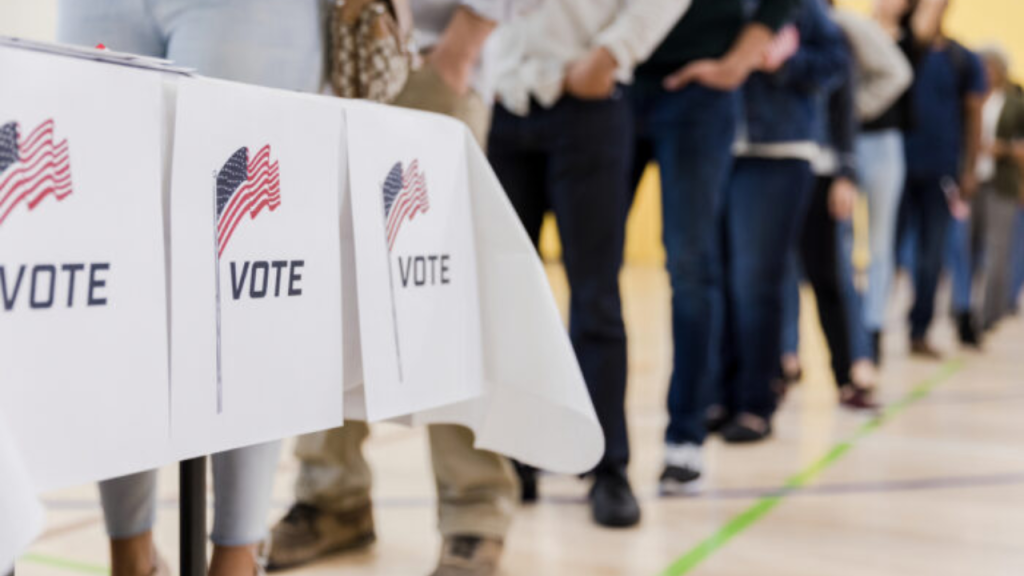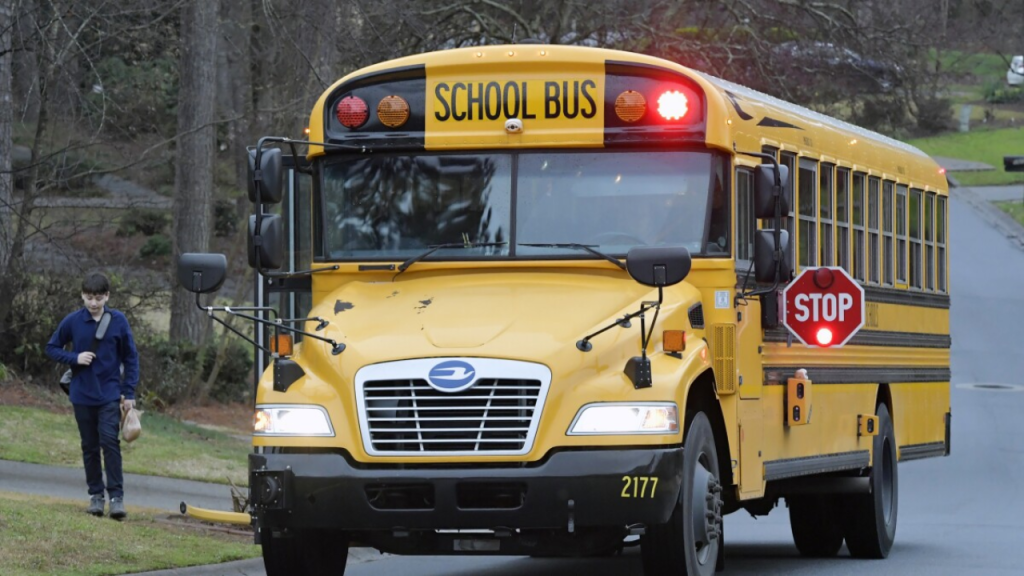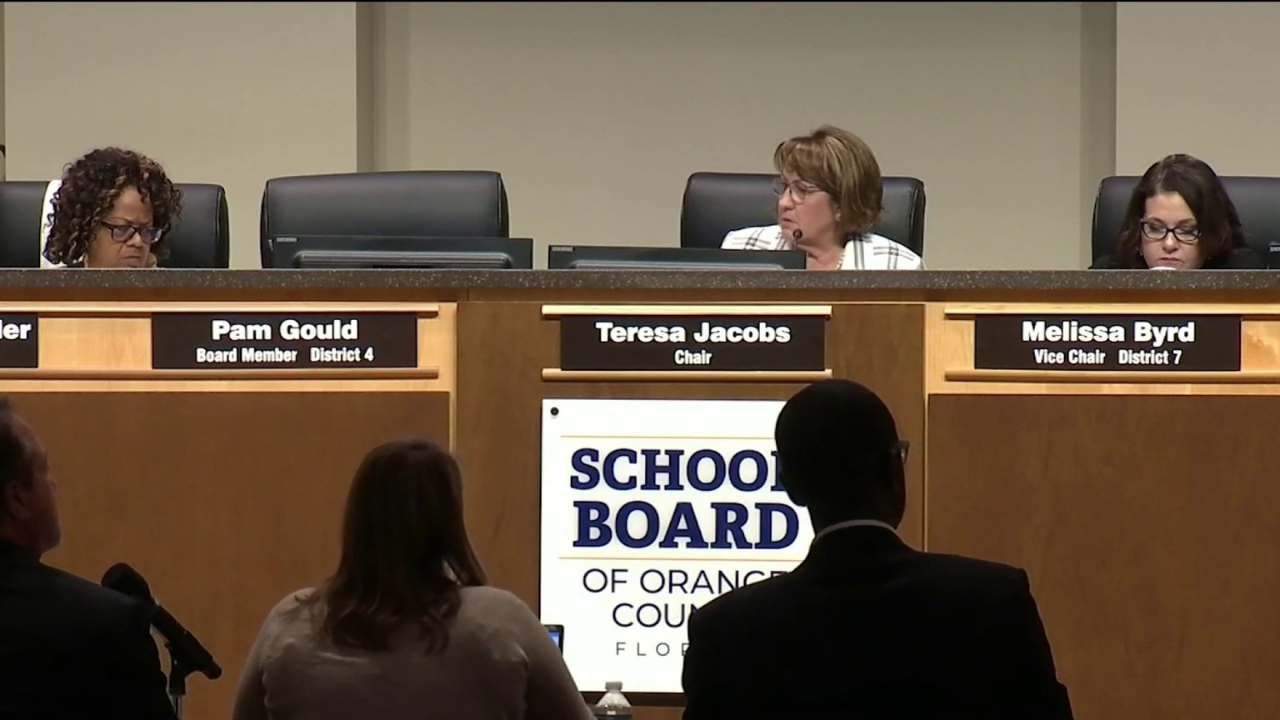Florida Voters Will Determine Partisan School Board Elections or Not!
CheapNailsalonsnearme– In a significant move that could reshape the landscape of educational governance in Florida, the state’s residents are gearing up to vote on a pivotal issue concerning the nature of school board elections. The Florida House of Representatives has set the stage for this crucial decision by submitting HJR 31 to the Secretary of State in June.
This resolution, if passed, would mark a fundamental shift, transforming the state’s school board elections into partisan affairs beginning in 2026. HJR 31, a joint resolution, proposes an amendment to Section 4 of Article IX and the creation of a new section in Article XII of the Florida State Constitution.
This amendment mandates that district school board members be elected in a partisan manner, a significant departure from the current nonpartisan system. The resolution emphasizes that this change, pending voter approval in the 2024 general election, aims to introduce a new dynamic in the election of school board members, who are currently chosen for staggered terms of four years.
This move comes amidst a backdrop of controversies involving Florida’s school boards. Notably, during the 2022-23 school year, around 300 books were removed from schools following over 1,200 objections, primarily from parents and residents. The controversies extended to issues such as LGBTQ-themed literature, reflecting the growing polarization in educational content and school governance.

In a particularly high-profile case, Sarasota School Board member Bridget Ziegler, co-founder of Moms for Liberty, became embroiled in a scandal involving allegations of sexual misconduct. This situation has further intensified the debate around the roles and responsibilities of school board members, spotlighting the need for transparency and accountability in these positions.
The proposed change to school board elections is seen by some as a response to these controversies, potentially offering a clearer delineation of candidates’ educational and political stances. However, it also raises concerns about further politicizing education, an area traditionally seen as needing insulation from partisan politics to focus on student welfare and learning outcomes.
As Florida voters prepare to cast their ballots on this critical issue, the outcome will undoubtedly have far-reaching implications for the state’s educational system. The decision will not only affect the composition and functioning of school boards but also potentially influence the broader conversation around education policy and governance in the United States.

Read More News: Florida Woman Arrested with Fatal Stabbing at Local Circle K Clerk!
Brooklyn Heist: 4 Masked Man-Robbed ATM Machine from Smoke Shop!
NJ High School Lobster Prank Turns into a Lesson on Respect for Life!

